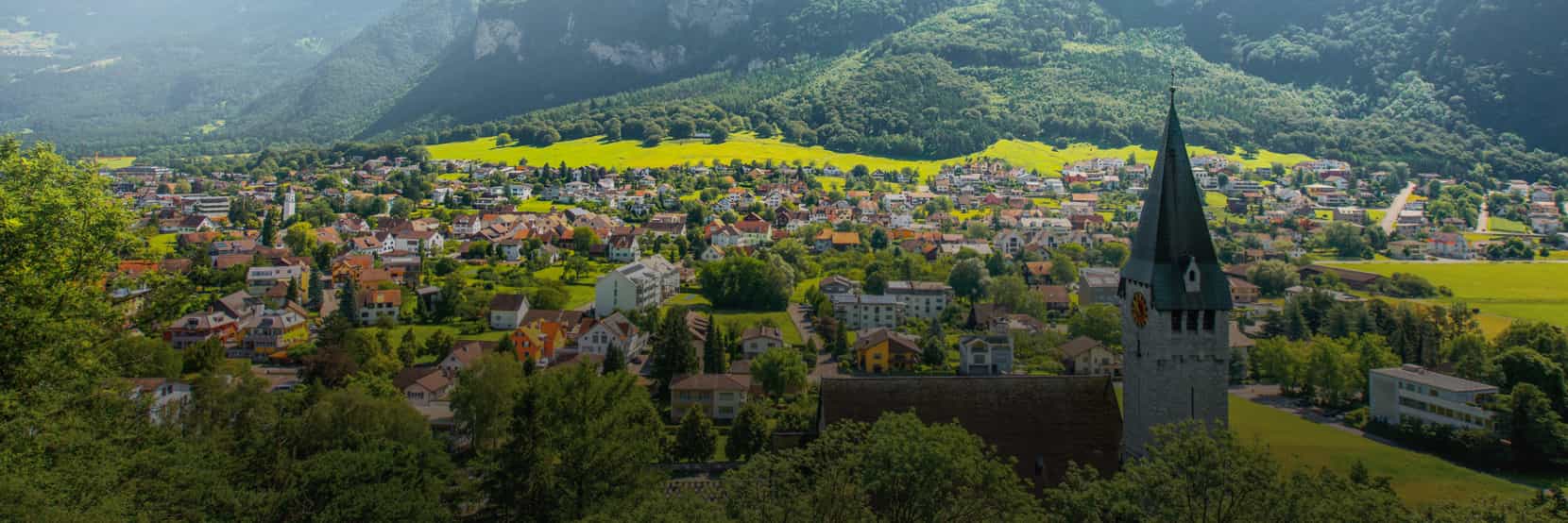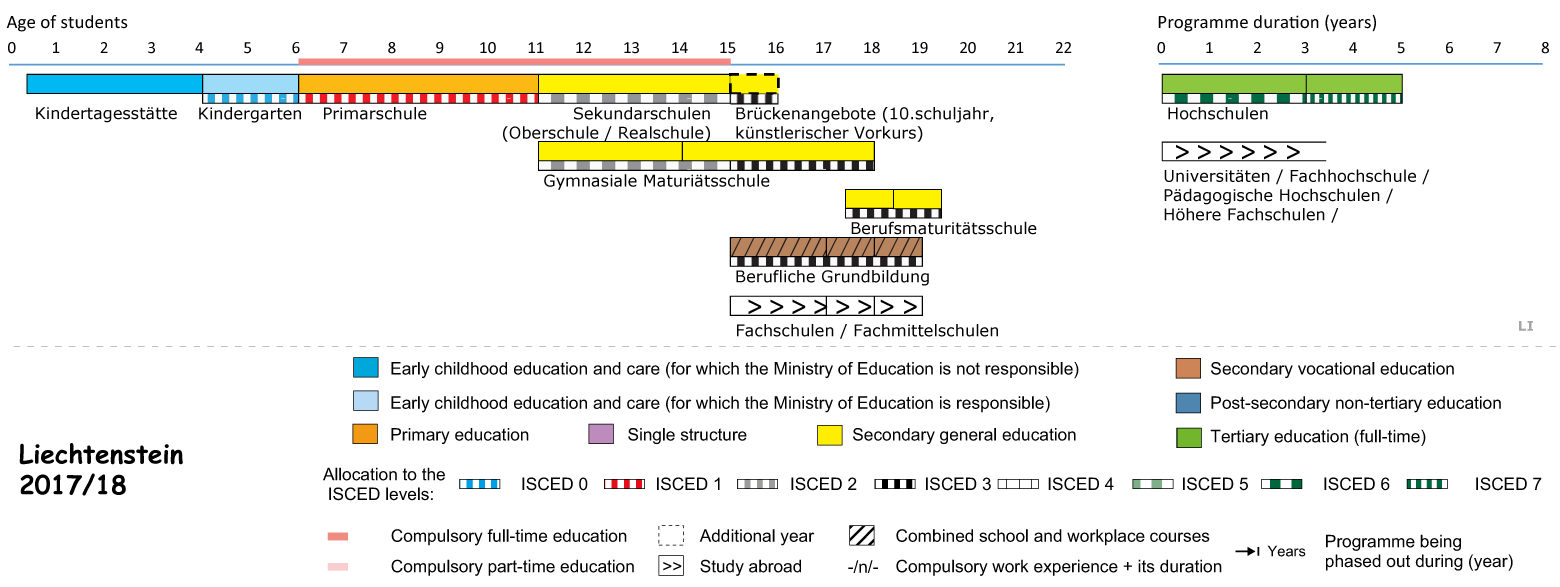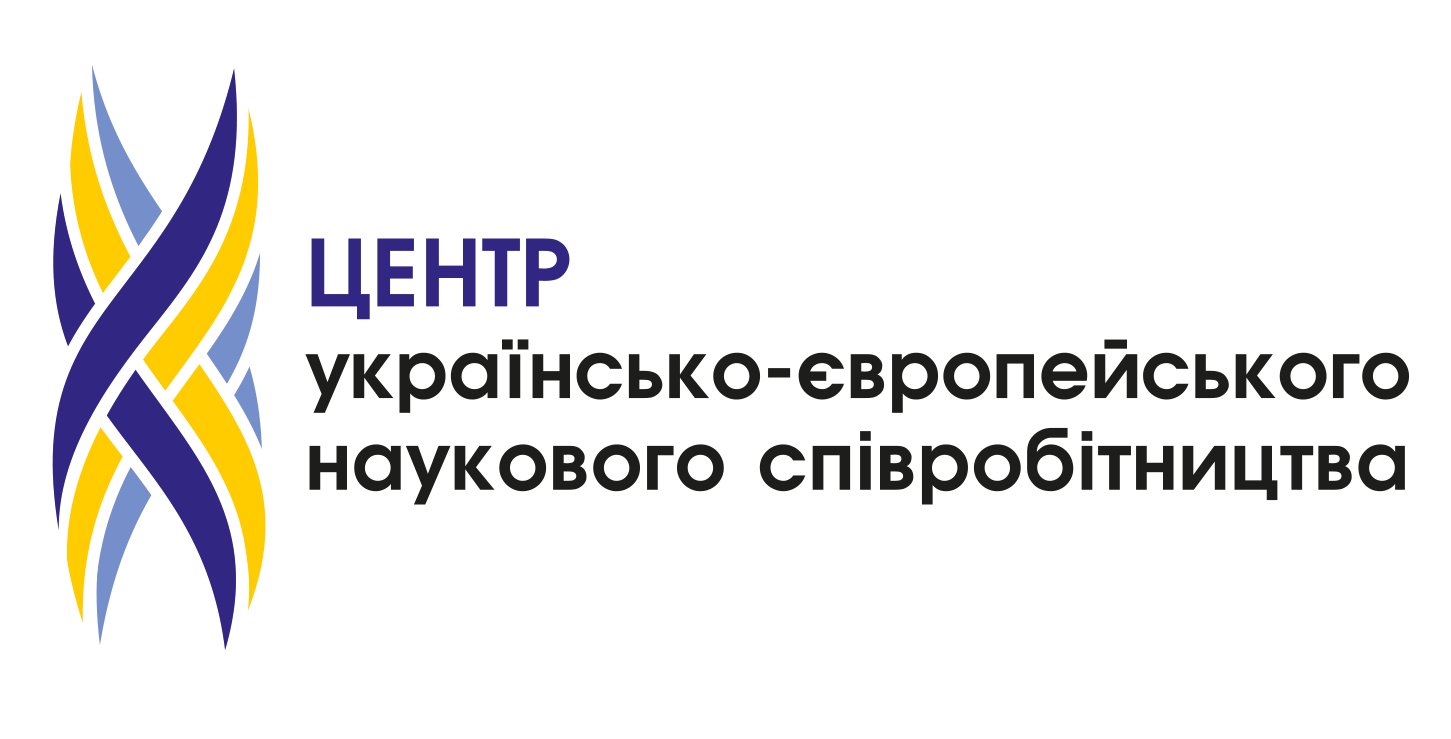 Liechtenstein is a constitutional, hereditary monarchy based on democratic and parliamentary principles; the power of the state is embodied in the Reigning Prince and in the people. With a surface of 160 km2 Liechtenstein comes fourth among the smallest countries in Europe.
Liechtenstein is a constitutional, hereditary monarchy based on democratic and parliamentary principles; the power of the state is embodied in the Reigning Prince and in the people. With a surface of 160 km2 Liechtenstein comes fourth among the smallest countries in Europe.
The small size of the country as well as its geopolitical location and historically grown relationships with its neighbouring countries have strongly influenced the development of Liechtenstein and its education system.
Key features of the education system
Liechtenstein’s education system is in the responsibility of the state, i.e. state schools as well as private schools are under the supervision of the state. School attendance is compulsory.
The structure of Liechtenstein’s education system has been clearly influenced by the neighbouring education systems, especially the one from Switzerland. The main characteristics of Liechtenstein’s education system such as types of school, requirements for teaching qualifications, terminology and curricula are aligned to the ones in Switzerland. The majority of Liechtenstein’s teacher are educated in Switzerland as there are no teacher training institutions within the country. Another important and comparable aspect between the Liechtenstein and Swiss education system is the dual vocational education and training trough apprenticeship system that plays a very important role in both countries.
The small size of the country and a low number of population in Liechtenstein don’t allow the state to offer a fully-fledged education and school system on all levels. Especially in the fields of vocational education and training, in advanced professional education, and in higher education (tertiary education) Liechtenstein cooperates with the neighbouring countries, first of all with Switzerland, i.e. Liechtenstein participates with financial cooperations. Places to study at universities and higher schools are obtained with the help of a range of bilateral agreements.
Stages of the education system
Nearly all children aged 4 to 5 attend kindergarten for 2 years, which is provided for the purpose of pre-school education. The subsequent period of compulsory schooling is 9 years, starting with 5 years of primary school and continuing with 4 years of lower secondary school. The latter is differentiated into three types of schools, namely Oberschule, Realschule and Gymnasium. Pupils are allocated to these types of secondary schools on the basis of school performance. The Gymnasium includes lower and upper secondary education.
About 20-25% of pupils in a given year are assigned to the Gymnasium, which prepares them for academic higher education studies. In addition, pupils may also be admitted to the Gymnasium at a later stage. Students can transfer after each year of Realschule, either without examination if their performance is adequate or by passing an examination in all remaining cases. At the end of the Gymnasium pupils sit the Matura (baccalaureate) examinations. It takes 12 years of general schooling to obtain the Matura, which guarantees unrestricted access to higher education.
Following compulsory education, most school leavers from the Oberschule and Realschule start an apprenticeship according to the dual system. On completion of their vocational education and training, students may also obtain the Berufsmaturität (vocational baccalaureate) at the Berufsmaturitätsschule Liechtenstein (BMS II), which gives access to all higher education institutions in Liechtenstein and Austria and to universities of applied sciences in Switzerland.
Tertiary education comprises academic higher education and higher professional education and training. Liechtenstein has no advanced vocational training institutes of its own. Students from Liechtenstein pursue such courses at institutions in Switzerland and Austria. Academic Higher Education covers currently three institutions. As they don’t cover all subjects the majority of students follow their studies abroad (mainly in Switzerland). Recognition of its qualifications and access to foreign education institutions are; therefore of utmost importance to Liechtenstein. In addition to several agreements with Switzerland and its cantons, Liechtenstein participates directly as responsible body for some education institutions in Switzerland.
The legal basis for academic higher education is the Law of 25th November 2004 on Higher Education (Hochschulgesetz; HSG) and the Ordinance of 16th August 2011 on Higher Education (Hochschulverordnung; HSV). They comprise standards for the approval and accreditation of higher education institutions as well as regulated study programs including corresponding awards and degrees. As by law all higher education institutions must be approved by the government. Approval involves an accreditation by a quality assurance agency that is recognized by the government. The Bologna process was implemented in 2004 with the complete revision of the Law on Higher Education, introducing the 3-cycle system for all subject areas.
Structure of the national education system

Resource: https://eacea.ec.europa.eu/national-policies/eurydice/content/liechtenstein_en









